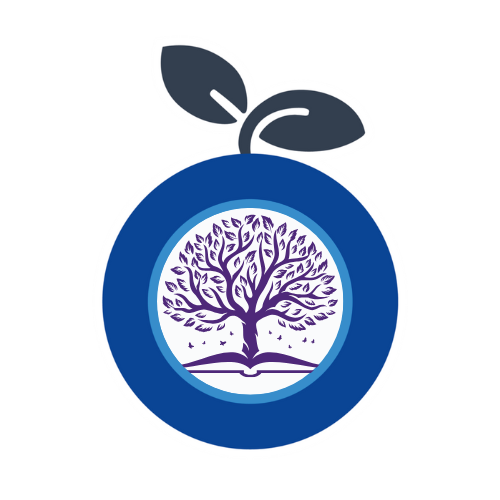
Part of TEAM Education Trust
Extracurricular Activities
"The essential knowledge that pupils need to be educated citizens, introducing them to the best that has been thought and said and helping to engender an appreciation of human creativity and achievement." - Ofsted
At Willow Park we achieve this by providing rich cultural experiences which are linked to specific curriculum subjects and increased enrichment opportunities for all pupils through daily positive routines, clubs and activities.
Extracurricular Activities Across the Academic Week |
|
Day |
Activities |
| Monday | Sports club (sports hall KS3/4), Football (pitch KS3/4), Basketball (court KS3/4), Games club (Sheaf) |
| Tuesday | Sports club (sports hall KS3/4), Football (pitch KS3/4), Basketball (court KS3/4), Games club (Sheaf), Chesterfield Community Trust multi-sports club |
| Wednesday | Sports club (sports hall KS3/4), Football (pitch KS3/4), Basketball (court KS3/4), Games club (Sheaf) |
| Thursday | Sports club (sports hall KS3/4), Football (pitch KS3/4), Basketball (court KS3/4), Games club (Sheaf) |
| Friday | Sports club (sports hall KS3/4), Football (pitch KS3/4), Basketball (court KS3/4), Games club (Sheaf) |
Lunch Time Clubs
At Willow Park, we recognised that our lunchtime clubs were not fully meeting the interests and needs of all pupils. We believe that lunchtime activities should be a time of enjoyment, engagement, and enrichment for every pupil. To address this, we took a proactive approach to ensure that our clubs better reflected the voices and interests of our pupils.
We decided to gather input from our pupils to understand their preferences and ideas for new lunchtime clubs. We conducted surveys and held open discussions, allowing every pupil to share their thoughts and suggestions. The results of the pupil's voice exercise are shown below.
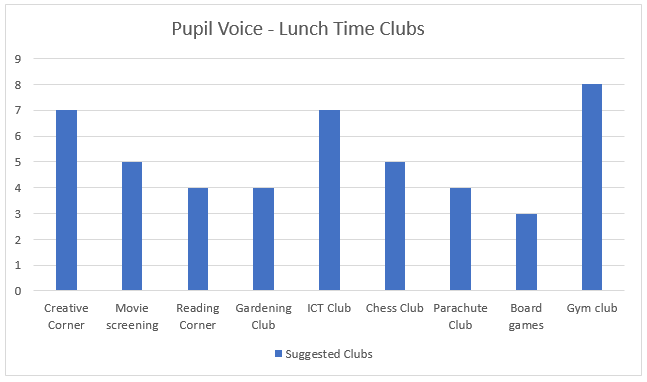
Based on the valuable feedback we received, we developed a revised lunchtime club offer. Our aim was to incorporate a diverse range of activities that cater to the varied interests of our pupils. As you can see from the timetable below, the range of clubs on offer now caters for a range of interests.
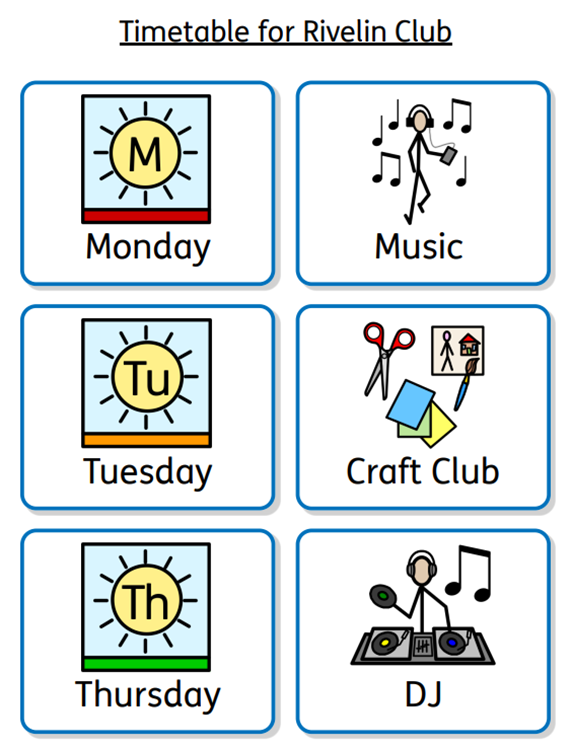
Timetable For Loxley and Sheaf Clubs
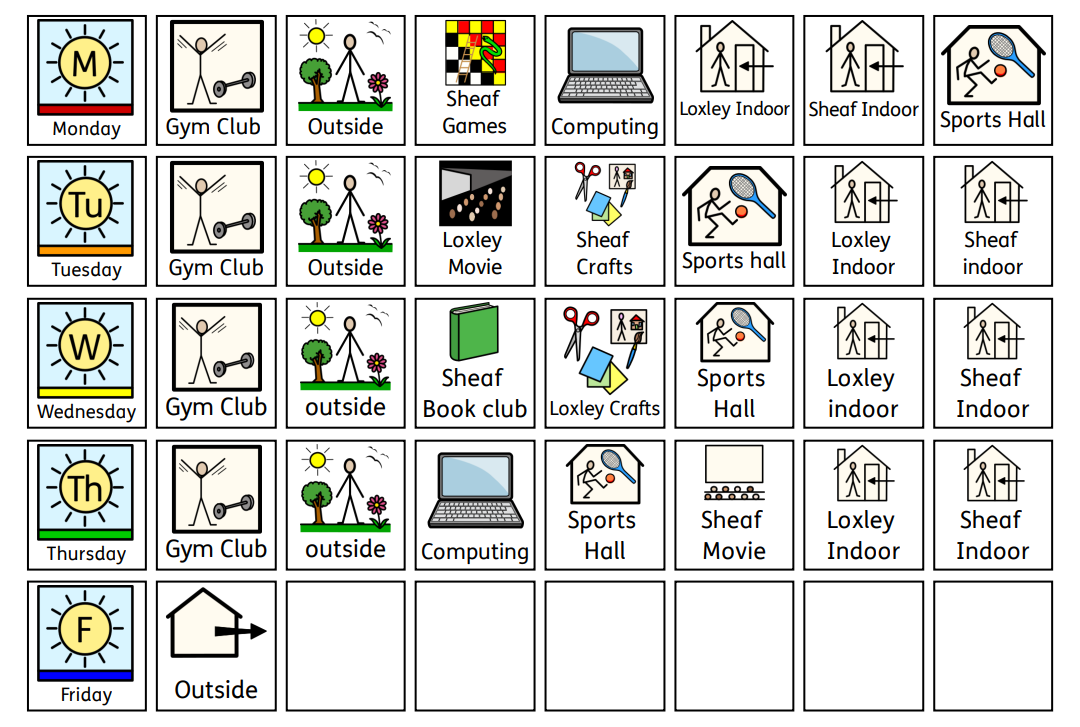
The Student Council played a crucial role in this process. They discussed the survey results and provided insights into the types of clubs that would be most popular and beneficial. Their input was instrumental in shaping the new lunchtime offer.
As we implement these new clubs, we will be closely monitoring their success and gathering feedback from pupils and staff. In the summer term, we will conduct a review to assess the impact of the new lunchtime offer. This will allow us to make any necessary adjustments and continue improving our lunchtime activities.
Student Leadership and Independence
At Willow Park we promote student independence and leadership through various planned and unplanned experiences. These opportunities can be seen through students preparing nurture breakfast, encouraging independent travel for identified pupils, resource monitor / class helper, preparing their own equipment for outdoor education sessions and calendared events, e.g. Santa’s Grotto, Christmas Lunch and Comic Relief.
| Peer Mentoring | DJ Leadership | Independent Travel |
| Classroom-Based Jobs | Charity Days | Christmas Lunch Jobs |
| Student Council | Forest School Roles | Independence of Residents |
Mentoring Programme
Students identified in KS4 are socially and emotionally ready to access mentoring in KS2 and Physical Education. This is planned into individual student timetables and supported by staff and parents. Staff coach students in the skills and attributes required to be an effective mentor. This is monitored by the staff who work with the students and progress is reviewed in pupil review.
Student Council
The student council at Willow Park School aims to develop aspects of the school based on suggestions and ideas from planned meetings. The council plan to meet on a fortnightly basis to discuss various topics and project work which improve aspects of the school environment, culture and student experiences. Council members are selected based on a voluntary show of interest and then staff support the selection based on interested students being able to fulfil the council requirements. School senior leaders attend meetings once every half-term to support with dialog, identify projects and rational responses.
Outdoor Education and Residential Experiences
Willow Park School provides several residential experiences across the academic year which promote independence and leadership. Part of the experience promotes self-care, teamwork, cooking, cleaning and the ability to overcome challenges.
The elements of outdoor education and residential trips are highlighted below:
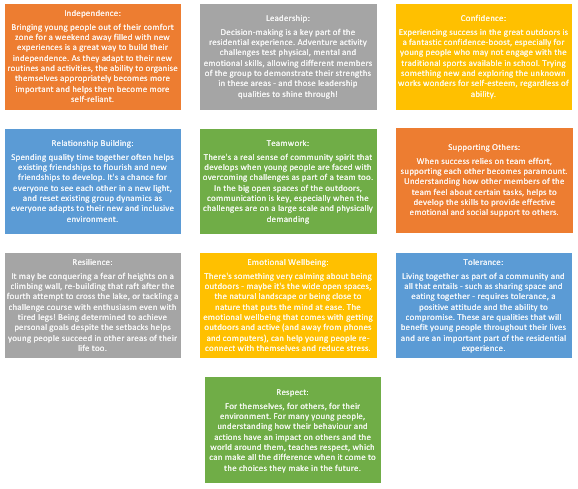
Our goal is to use structured, engaging activities during break and lunchtime to support students’ social, emotional and mental health (SEMH). These activities offer safe, positive experiences that promote resilience, communication skills and a sense of belonging.
| Intent | Implementation | Impact |
| Enhance pupil wellbeing, offer experiences that contribute positively to mental health. |
Mindfulness and wellbeing sessions: Deliver guided mindfulness activities to promote relaxation and focus. |
Improved Behaviour: Regular participation in structured activities helps reduce unregulated issues during unstructured times. Social and Emotional Development: Pupils develop skills like patience, empathy, and teamwork, which contribute to better interpersonal relationships and emotional regulation. |
| Cultivate personal interests. Help pupils explore new activities that foster self-confidence and pride. |
Extracurricular Clubs: Offer a wide range of clubs, to cater to diverse interests. |
Peer Relationships: Pupils develop stronger connections through shared interests, improving communication and collaboration skills. |
| Promote social skills. Encourage teamwork, empathy and social interactions. |
Circle Time Discussions: Create a safe space for pupils to share thoughts, listen to others and practice empathy. |
Mental Health Support: Pupils benefit from a holistic approach to their emotional well-being, fostering a sense of security and care. |
| Provide a safe, structured environment. Reduce potential behavioural issues by providing organised activities during unstructured times. |
Supervised Breaktime Activities: Introduce structured options like board games, crafts and sport games to channel energy positively. |
Community Atmosphere: Pupils feel part of a nurturing and inclusive environment, fostering a sense of belonging. |
